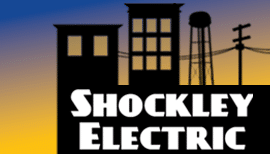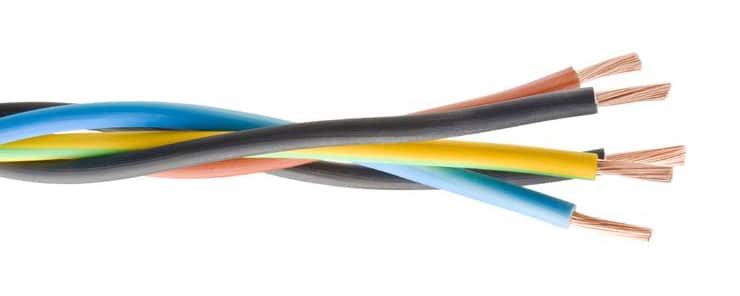According to the National Fire Protection Association (NFPA), electrical fires consistently rank among the top five causes of commercial building fires. These include health clinics and hospitals, nursing homes, warehouses, farming operations, bars and restaurants, and many more.
On top of that, fires involving electricity typically result in a higher percentage of property damage compared to those caused by other sources.
One of the best ways to address safety concerns and better protect properties against electrical fires is through education. Proper training and knowledge can help cut down on the number of commercial building electrical fires, which would save countless lives each year.
Background knowledge of electrical currents and the potential hazards while working with or near electricity can go a long way to understanding the importance of electrical safety and when to call the experts.
Prepare for Safety
Step one is to establish a documented electrical safety program. Training and guidelines are a must for anyone working on or around electricity.
Employee safety programs should address the following critical subjects:
- Identifying electrical hazards
- Knowing a safe distance from exposed electrical conductors
- Understanding proper work practices in wet locations containing electricity
- How OSHA rules apply to the job, workplace and penalties for noncompliance
Know the Warning Signs
Several electrical fires result from problems with equipment and appliances. Lamps, light fixtures and light bulbs, along with fixed wiring, are the most common sources for causing electrical fires.
By understanding the proper ways to use equipment in a workplace environment, the importance for using the right equipment, and the need for regular maintenance, business owners and commercial property owners can minimize the risk of electrical fires.
- Televisions, computers, microwaves, and other unprotected electrical equipment should only be serviced by a professional
- Plugs and cords must be maintained and monitored
- Extension cords should be used only temporarily
- Do not staple or nail extension cords to walls or baseboards
- When unplugging equipment pull the plug, not the cord
- Have a licensed electrician test the wiring and connections
Conclusion
Preparation, safety, and training are the most important factors a business owner should implement to minimize losses to electrical safety and maintenance.
At Shockley, we have been serving business owners with their electrical needs since 2005. If you’re looking for a licensed, insured, and experienced electrician for your next inspection, contact us at Shockley or call (770) 630-6858 to speak with an expert today!


Thank you for explaining the importance of finding a licensed electrician that is capable of testing the wiring in your building in order to prevent electrical fire hazards. My brother is thinking about opening a business that distributes printers, and he has recently noticed that some of his lights flicker when it powers on two much of his equipment at once. Hopefully, he can find an expert that can help.
It helps a lot when you mention how educating employees on electrical safety can help prevent potential electrical danger. My friend is thinking about opening a business that distributes auto parts, but he has noticed that his power tends to shut off whenever he tries turning on all of the lights in the building. He should find a professional that can make sure that the building is safe.
I didn’t realize that light bulbs that are not functioning correctly are fire hazards. I remember my uncle telling me that he wants to start an automotive repair business, but one of the lightbulbs in the building’s entrance has started to turn black. He should speak to a commercial electrician as soon as possible.
Thank you for mentioning how performing routine maintenance throughout your commercial building can help you minimize potential fire hazards. Now that I have decided to open a business that distributes frozen foods to local grocery stores next month, I have noticed that my power tends to go out whenever I try turning on more than two refrigerators. Perhaps I should find a professional that can help me ensure that my building’s wiring if functioning properly.